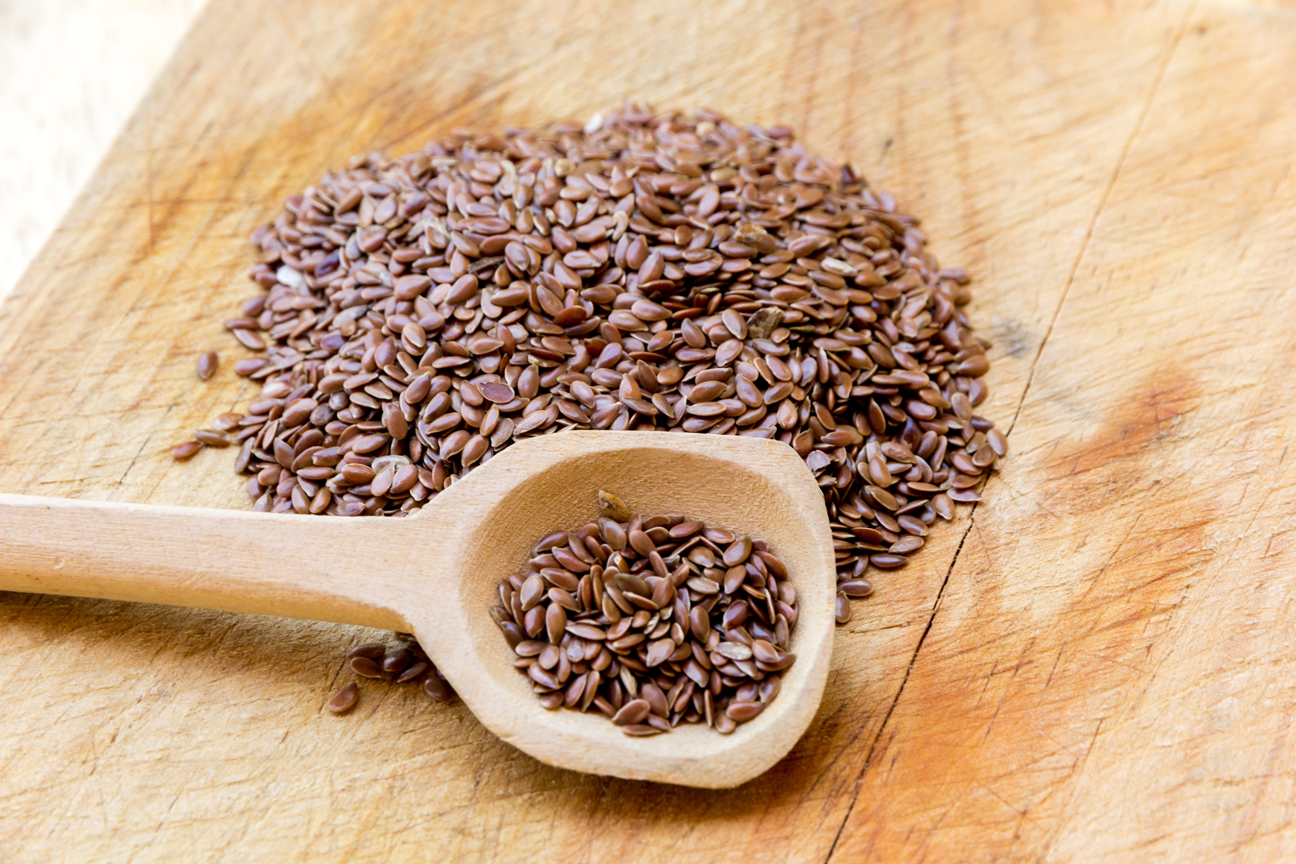You probably know that it’s important to start taking folic acid pills if you’re planning to have a baby, not just once you learn you’re pregnant.
Folic acid, also called folate, is a B vitamin that protects against major birth defects of the brain and spine called anencephaly and spina bifida. These neural tube defects occur early on, often before women realize they’re pregnant, which is why it’s important to start taking folic acid before you conceive.
The problem is that half of all pregnancies are unplanned, so women had no time to prepare by popping folic acid supplements.
But years ago, the government came up with a plan to fortify popular enriched foods such as bread and pasta with folic acid, helping to ensure that anyone who could get pregnant, and not just those planning to get pregnant, consumed enough of the stuff.
Birth Defect Prevention
Since the Food and Drug Administration began mandating fortification of enriched cereal grain products in 1998, the percentage of babies born with neural tube defects has dropped by more than a third. One recent analysis by researchers at the US Centers for Disease Control and Prevention found that fortification saves 1,300 babies a year from being born with brains or spinal cords that aren’t fully formed.
“Hands down, folic acid fortification is one of the most successful birth-defect prevention” measures in American history, CDC epidemiologist Jennifer Williams, the lead author of that analysis, told the Philadelphia Inquirer. In fact, the CDC has called fortification with folic acid one of the top public health achievements of the first decade of the 21st century.
The Hispanic Diet
Impressive, right? Unfortunately, some Hispanics, particularly some Mexican-Americans and Central Americans, might not be benefitting from folic acid fortification as much as other racial or ethnic groups. That’s because the FDA hasn’t approved fortification of corn masa flour, also called Maseca, which is made from specially treated corn and is used to make Mexican staples such as tortillas and tamales.
Corn masa flour wasn’t as commonly used in the US when the FDA was considering fortifying grain products with folic acid, but the Hispanic population has been booming, and sales of the flour now total $8 billion a year, according to a recent blog post on the Teratology Society’s website (teratology is to the study of birth defects). People of Hispanic origin now represent 17% of the US population; by 2060, the CDC estimates, they’ll represent nearly a third.
A cluster of cases of anencephaly in a few central Washington state counties seems to illustrate the impact of not fortifying corn masa flour. Since 2010, more than 40 women in those counties have lost babies to that always-fatal birth defect, and 60% of those women have been Hispanic. In 2014, the rate of anencephaly there was four times the national rate.
Noting that Hispanic women are about 20% more likely to have a baby with a neural tube defect, a coalition of organizations including the March of Dimes Foundation, the Spina Bifida Association, and the American Academy of Pediatrics petitioned the FDA more than 3 years ago to fortify corn masa flour products with folic acid.
Of course, Hispanic women are a heterogeneous group. Those who speak Spanish at home, were born in Mexico, or have lived in the US less than 15 years consume lower levels of folic acid than other Hispanic women, according to a report published last year by CDC researchers. They noted that women who speak Spanish at home are twice as likely to have a baby with spina bifida than white women who aren’t Hispanic.
Safety vs. Benefit
Don’t expect to see folic acid listed among the ingredients of your favorite corn tortillas any time soon, though. According to the FDA’s website, the corn masa flour petition is being “held in abeyance.” Translation: The petition is in regulatory limbo until the organizations that submitted it can answer the agency’s questions regarding the safety and stability of folate in corn masa flour.
“We respect the FDA’s position to protect the public health. But, in the meantime, we are sacrificing opportunities to prevent birth defects,” Cynthia Pellegrini, senior vice president of public policy for the March of Dimes Foundation, told the Seattle Times recently.
Michael Dunn, a Brigham Young University food scientist in Utah, is conducting the study the FDA says it needs before approving fortification of corn masa flour. Dunn told the Seattle Times that his research could be completed as early as September 2015. If the results are as expected, Hispanic women and their babies will finally benefit from the birth defect prevention effects of food fortified with folic acid.

